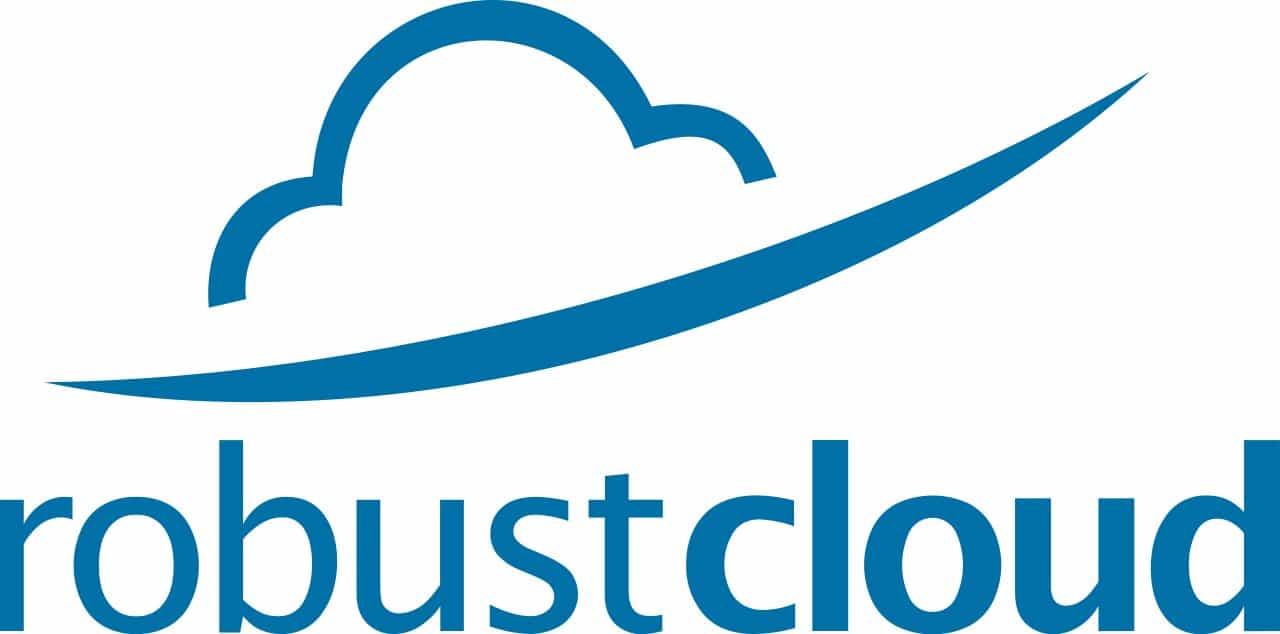Over the past few months, I have interacted with several organizations that are evaluating changes to their business model to adapt to the cloud-enabled IT ecosystem. Management is in a quandary over maintaining their profitable lines of business while growing revenue in new and emerging areas. The problem they face is that some emerging business lines are only possible with completely revamped business models requiring significant change.
Some very large organizations, like Dell, are taking the significant step of going private to enhance the transformation process outside the public eye of investors. New leaders, like Amazon and Salesforce, are disrupting the market with their infrastructure and software “as a service” offerings. Organizations eager to get a jump-start are leveraging these services to create new offerings. But companies interested in transforming themselves to gain the benefits of cloud-enabled IT also face significant barriers. Based on my interactions, I will recount their challenges in a series of blog posts:
Company type: Systems Integrator
- Background: These organizations provide application development and IT support services to clients. Their customer profiles vary from some with multi-year support contracts, to others with short-term integration projects. Lowering costs by leveraging labor from off- shore centers can help foreign companies compete with US-based service providers.
- Challenges: Self-service models enabled by cloud computing reduces the volume of services from systems integrators. Developing new IT solutions requires much lower effort, resulting in much smaller service contracts. At the same time, cloud service providers are making it extremely easy for clients to develop solutions by leveraging their infrastructure. Custom IT service engagements are being developed and delivered with tools that make it possible for one-of-a-kind applications to be built with fewer resources. Shorter contracts using DevOps are the new norm, further reducing the benefit from lower cost of offshore labor resources.
Management recognizes these changes and is building a strategy to meet new customer needs.
Specific Next Steps for Systems Integrators:
- Skills: Educate all staff, including sales teams and delivery staff, on cloud concepts. Current skills will need to be re-purposed to take advantage of cloud technologies. Developers need to use modern tools and approaches to change how applications are designed and delivered. Two examples are BigData skills for database administrators and OpenStack strategies for systems administrators.
- Partnerships: Develop partnerships with new cloud services vendors. Legacy systems integration companies already have established relationships with traditional IT vendors like IBM and Microsoft. To differentiate, developing partnerships with cloud leaders like Amazon and Rackspace are essential
- Portfolio: A number of systems integrators have service portfolios that cater to managing existing environments using legacy tools. Cloud requires a complete portfolio overhaul to meet new customer demands. With customers challenged by disruptions in their respective markets, there is demand for cloud services (and not traditional development contracts) to deliver new capabilities.
- Integration: Cloud services are increasingly assembled with capabilities derived from a variety of services. Integrating these services requires unique capabilities, like addressing security concerns. At the same time, new companies like Jitterbit and SnapLogic can help ease cloud integration. Systems integrators should pay attention to cloud integration solutions, as it could be a differentiator to meet customer requirements.
- Contracts: Customers are used to traditional agreements with vendors that do not always meet cloud service delivery needs. Cloud computing subscription models bring fears that migrating off the current provider will be extremely difficult. This could allow the services vendor to increase subscription rates unfairly to the locked-in customer. The fear of lock-in often freezes meaningful progress towards purchasing cloud services with a periodic subscription. IT management expects systems integrators to be flexible in making reasonable changes in traditional contracts.
Recommended direction for systems integrators: Continue with existing contracts for revenue generation while investing in new areas of business, like security as a service, hosted analytics, etc. Identify existing contracts for possible replacement with cloud SaaS solutions or migration to a private or public cloud infrastructure. Develop a business plan to get higher margins from smaller contracts with a cloud portfolio. Finally, start support contracts with a much more efficient model that helps customers justify a long term investment in cloud service delivery.
